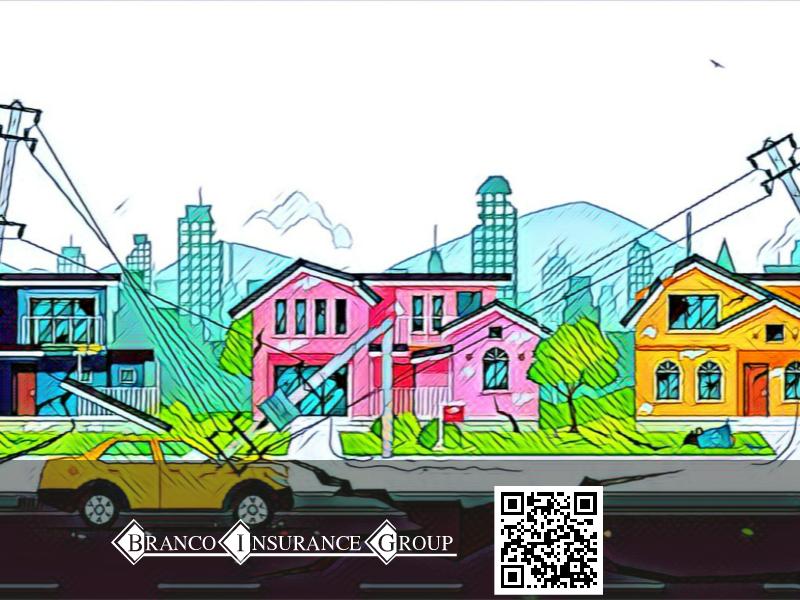
5 Things Business Owners Should Know About Insurance Limits and Deductibles
Building a business involves making countless vital decisions, including hiring the right team, buying the right software, and finding a suitable space. Understanding the basics




